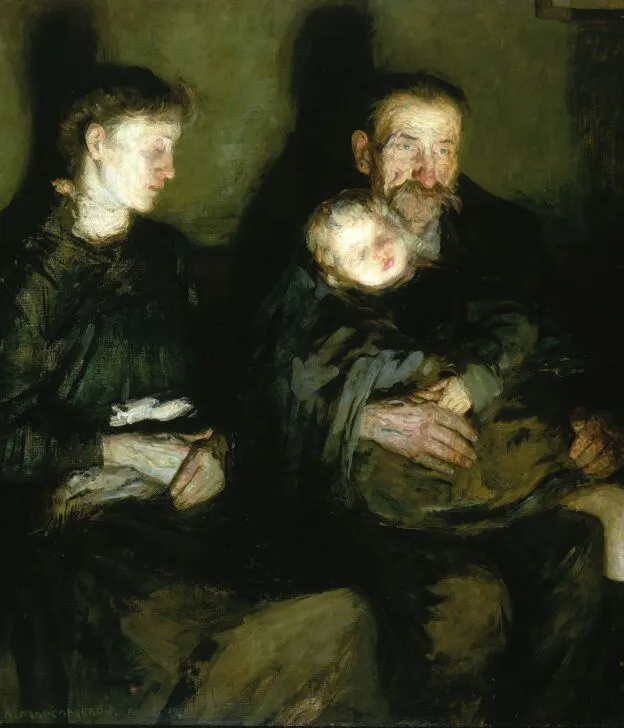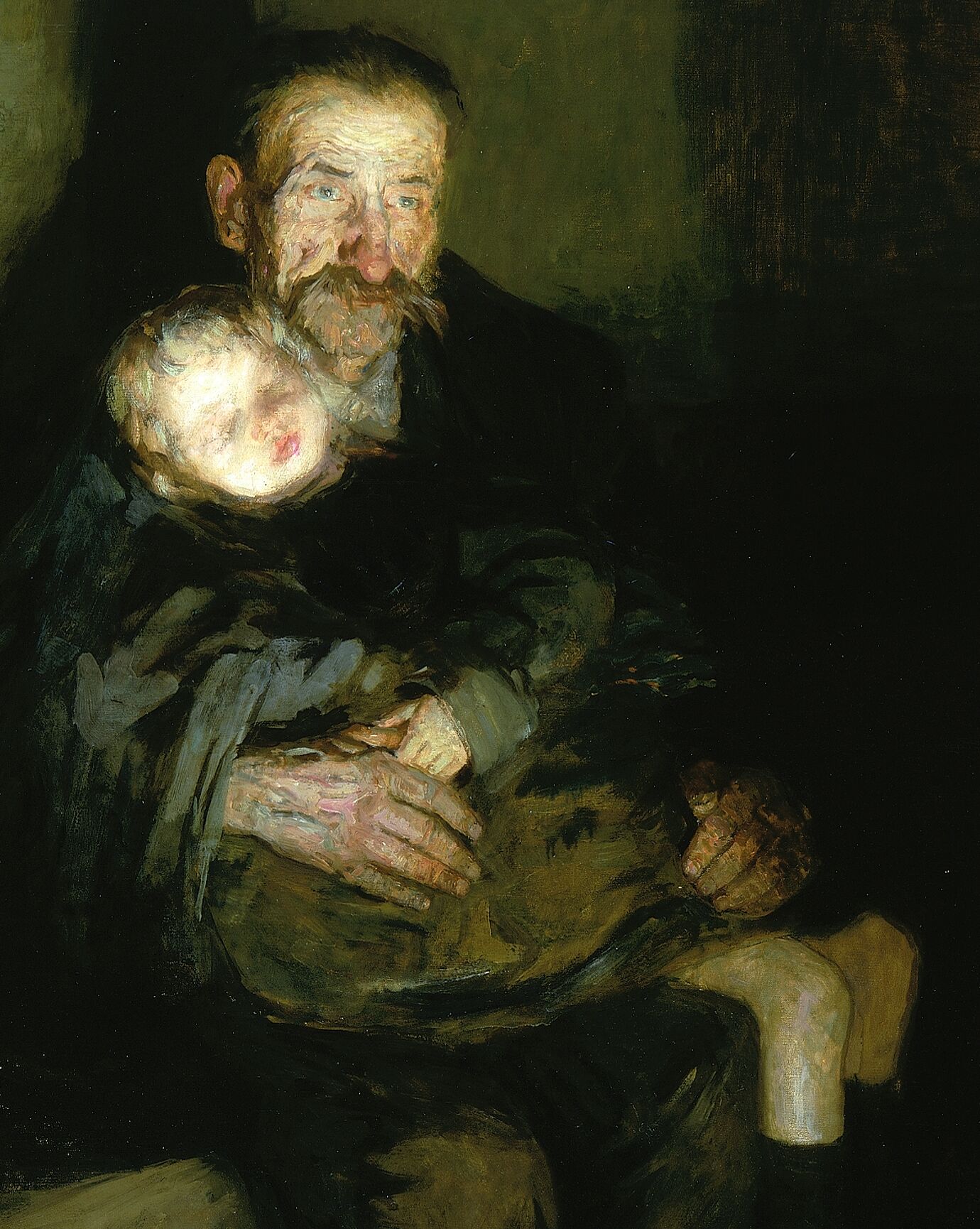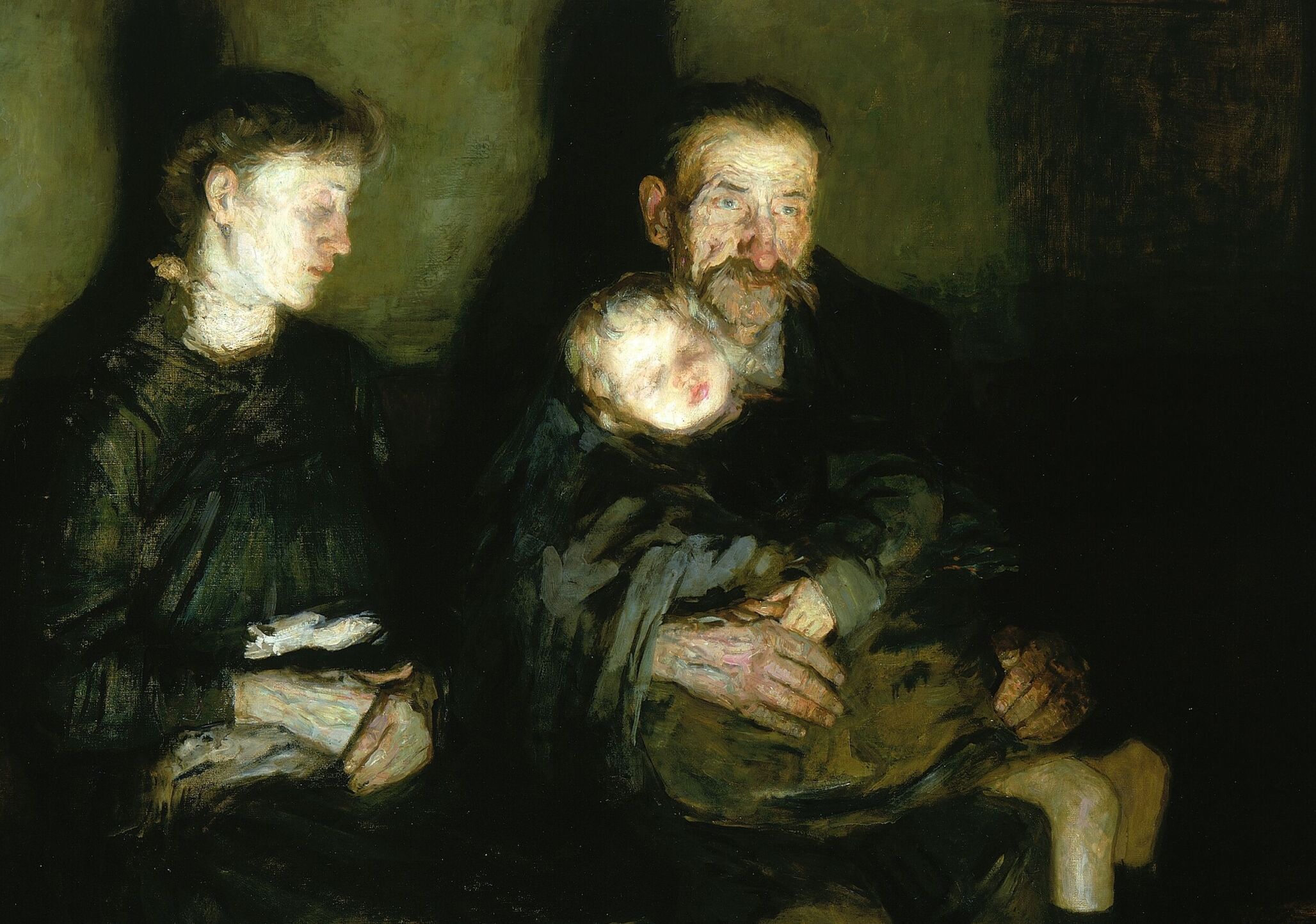
Democracy in the Operating Room
As an anesthesiologist, I once took care of a man going for a special kind of prostate surgery. It was the only surgery in the textbook that recommended a spinal anesthetic over general anesthesia; in all other surgeries below the waist, neither technique was deemed safer than the other. Yet the man demanded general anesthesia, having heard somewhere that a spinal anesthetic might cause paralysis. When I told him that such events were extremely rare, and likely attributable to how hospitals stored anesthetics long ago—a problem fixed long ago—he nevertheless refused spinal anesthesia. What was I to do?
My predicament was really a microcosm of American governance more generally. Its solution illustrates the benefits of a civics education applied to the doctor-patient relationship.
I could have just told the patient, “I don’t care what you want. You’re going to get a spinal anesthetic. I know better than you.” That would be the authoritarian solution. Many doctors would have responded in this way. But most American patients resist such highhandedness, having been acculturated to the democratic system. It’s not just that every American has rights and expects to have a say.
The cornerstone of American democracy is that officials govern through the consent of the governed; without that consent, whether it is a politician issuing a decree or a doctor dictating to a patient, governance becomes tyranny, and Americans instinctively resist. Simply ordering my patient to accept a spinal anesthetic would have gotten me nowhere, besides being unethical from the democratic point of view.

Without consent, whether it is a politician issuing a decree or a doctor dictating to a patient, governance becomes tyranny, and Americans instinctively resist.
American democracy teaches another relevant point, which is that governance, by and large, is not a task reserved solely for experts. The informed citizen—the citizen-legislator—has as much right to hold office and make decisions affecting the country as someone with specialized education. To analogize to medicine, a few government decisions—for instance, those involving airplane safety—resemble neurosurgery and require expertise. However, the vast majority of decisions are more like blowing one’s nose, which needs no special expertise. Whether bad outcomes sometimes arise as a consequence of this approach is irrelevant. Tocqueville made this point when praising American democracy, noting of Americans, “It is incontestable that the people frequently conduct public business very badly…” but at least they do the work themselves rather than letting a panel of privileged experts do it for them. This may not lead to a “brilliant society,” he writes, but to one that “ensures the greatest enjoyment and avoids the most misery to each of the individuals who compose it.”
Did my decision concerning which anesthetic to give my patient require expertise? Most likely. Fortunately, American civics teaches a countervailing idea to account for this possibility. For American democracy, we learn, is not a primitive democracy. It does not operate through plebiscite. It is a democratic republic, where citizens elect officials who exercise their judgment and sometimes vote in ways that the majority disagrees with.
The structure of American government reflects this idea. The House of Representatives, elected every two years, most closely approximates the will of the people; the Senate, where officials run for re-election every six years, does so less (and even less so historically when senators were elected indirectly through state legislators). Federal judges serve for life and are even more removed from the will of the people. As a variation on this point, many officeholders in America start out as lawyers, who, Tocqueville said, represent a kind of permanent aristocratic class, and serve as a “counterpoise to the democratic element.” The people, with their democratic passions, are “checked and stopped by the almost invisible influence of their legal counselors.”

Doctors unfamiliar with American civics risk looking upon medicine as a pure democracy.
Doctors unfamiliar with American civics risk looking upon medicine as a pure democracy. Rather than dictate to patients, they are tempted to let patients run the show. Indeed, the patient-centered care movement, which says doctors should always let patients decide, flows out of this purely democratic idea. But when applied to anesthesiology, the movement courts danger. In my case, letting my patient dictate the choice of anesthetic put him at greater risk of complications, whether he understood this or not.
So what did I do? I talked to my patient. I suggested, lectured, persuaded, and cajoled—all the things that American politicians do every day, operating as they do in a society that is part-democracy and part-republic. It is our way. It is why foreigners often complain that we Americans talk too much. In a country that respects both democratic rights and expertise, there is no alternative.
Fortunately, after much talk, I convinced my patient to take a spinal anesthetic. I did not command. I did not decree. Yet neither did I surrender to the mob. I simply governed—in the American tradition.

About the Author
Ronald W. Dworkin, M.D., Ph.D., is an anesthesiologist, writer, and a fellow at the Institute for Advanced Studies in Culture at the University of Virginia.
